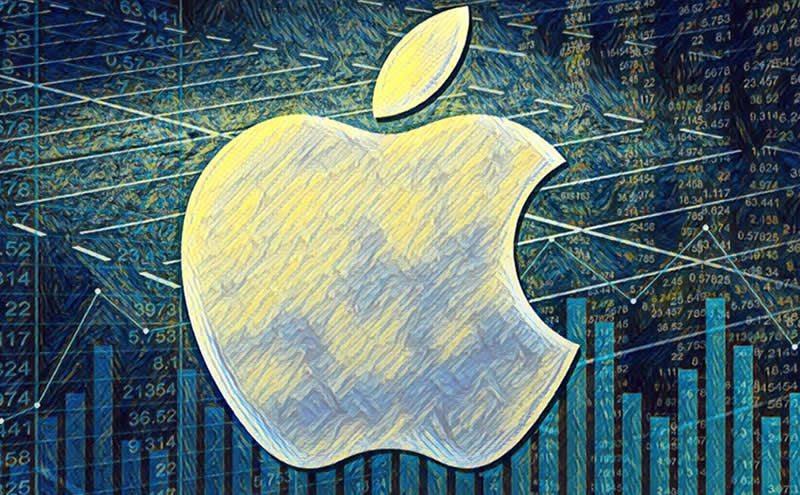The Japanese Fair Trade Commission (JFTC) has recently fined Apple in Japan. This is due to the company's anti-competitive practices in the country. Specifically, Apple (NASDAQ: AAPL) has been accused of using its power and influence to prevent retailers from independently offering cheaper pricing and discounts on iPhones and other Apple products. Apple has also allegedly forced telecom carriers to forego discounts, further limiting the entry of rival players in the market.
For stock investors, this does not come as good news. The fine, amounting to approx. $118 million may look insignificant compared to Apple's cash flow, but it can affect the company's overall financial performance if a pattern of fines follows from this. It can also significantly damage the company's reputation, making it harder for investors to keep confidence in the stock. Furthermore, the risk of a recurrence of these practices cannot quickly be ruled out, leading to more legal and financial problems.
Investing in a company with regulatory issues will always remain risky for investors. Despite the potential consequences for Apple, investors cannot deny the importance of fair and equitable competition in the market. The Japanese Fair Trade Commission is sending a signal that it will not tolerate such anti-competitive practices and pressure to punish any companies that engage in it. Not only do investors have to consider the impact the fines might have on the stock price, but they also have to reassess whether Apple is still a safe bet in the market.
Is this Likely to Affect Apple's Performance in the Market?
In the short term, there is a good chance it could compound Apple's current woes. Apple is already trading at its 52 weeks lows when it touched 125 USD this week. Any negative news surrounding Apple could send the price down further.
However, it is important to note that any penalties are not guaranteed and may be reduced or eliminated if Apple cooperates. Despite this, Apple's stock remains robust, not just because of its financial performance in Japan but because it remains at the forefront of the mobile device market.
Apple's stock prices depend on various factors and the severity of the fine. If the fine is heavy and causes financial distress for Apple, their stock prices might go down for a short-term period. But the stock prices are driven by the market's perception of Apple's performance and its prospects for the future. The stock prices could remain unaffected since the fine doesn't affect the company's fundamentals or growth prospects.
Therefore, stock investors should not panic and should only pay attention to any developing fines against Apple as long as its financial performance remains strong. Any additional focus on Apple in Japan could provide insight into how the company performs in an important but often overlooked market.
Apple is Still a Good Buy for the Long Term
Apple's (NASDAQ: AAPL) stock is a great long-term buy for investors due to its strong financial performance, diverse product lines, and brand recognition. Apple's stock has consistently outperformed the S&P 500 over the last five years and continues to be one of the best-performing stocks in the world.
Furthermore, Apple's product lines are incredibly diverse, ranging from iPhones to Macs to AirPods and Apple Watches, as well as services such as Apple Music and Apple TV+. This diversification allows Apple to spread its risk and attract long-term investors. The company has a long track record of success and is one of the world's most valuable companies. Not only does Apple have a strong brand and loyal customer base, but it also has a portfolio of innovative products and services that will continue to drive future growth. Additionally, the company has a strong balance sheet, with a large cash balance, no long-term debt, and a dividend yield of 1.26%.
Apple's strong performance over the past few years and its potential for continued growth make it a good buy for long-term investors. Apple's history of outperforming the market over time makes it a great long-term buy for stock investors.

















Rate this article